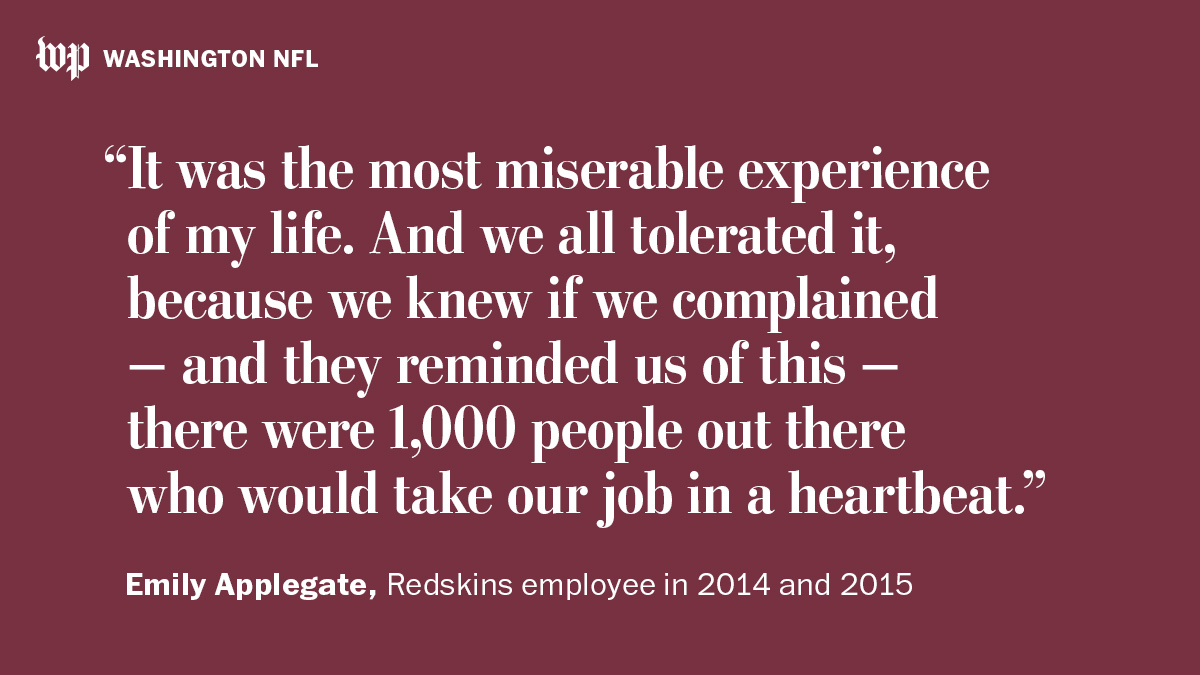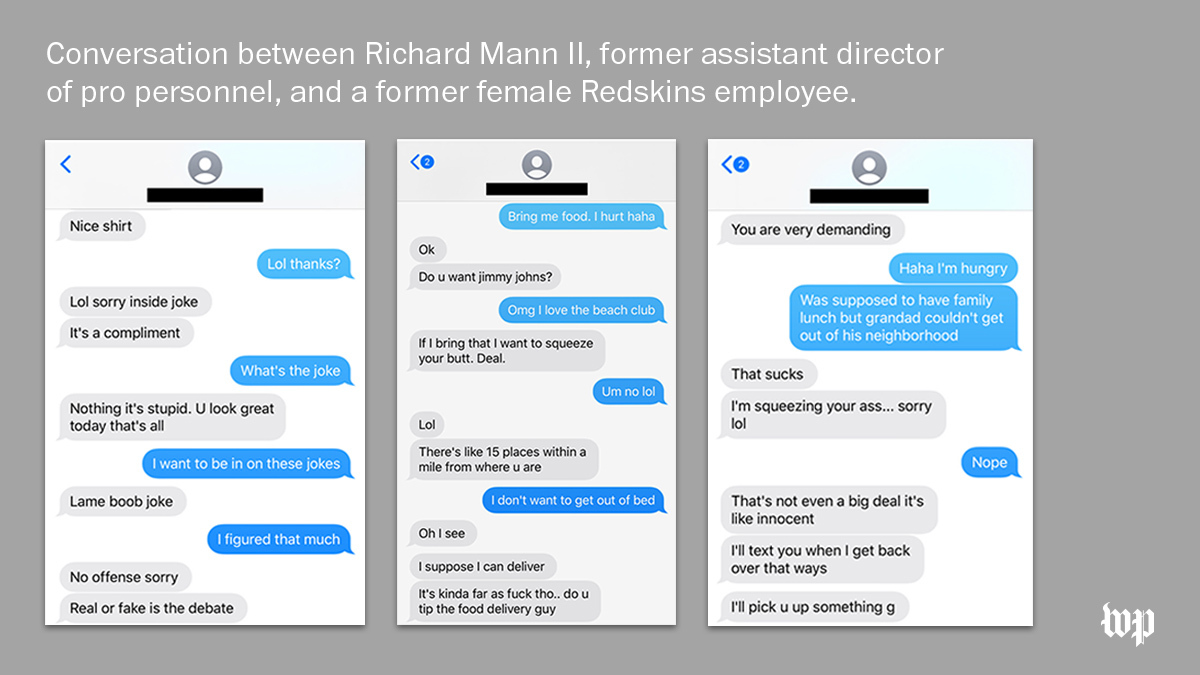
Most people don’t have the option of working from home during the pandemic.
A single day shows the risks some take and the calculations they make to still do their job. wapo.st/34RFj0J
A single day shows the risks some take and the calculations they make to still do their job. wapo.st/34RFj0J
The stark reality is that the pandemic has put millions of American workers at risk in ways that few could have imagined just seven months ago. wapo.st/3nKLqwv 

Workers who are able to do their jobs remotely are almost twice as likely to be White as Black or Hispanic, according to recent studies.
They also are far more likely to be highly educated and well-off. wapo.st/3nKLqwv
They also are far more likely to be highly educated and well-off. wapo.st/3nKLqwv

The fallout has revealed an economy and labor force sharply divided along lines of race, class and privilege. wapo.st/3nKLqwv 

Early in the pandemic, the lionizing of hospital and supermarket workers obscured the scores of men and women on different front lines.
This is a look at 24 hours in the life of some of those other individuals. wapo.st/3nKLqwv
This is a look at 24 hours in the life of some of those other individuals. wapo.st/3nKLqwv

• • •
Missing some Tweet in this thread? You can try to
force a refresh





